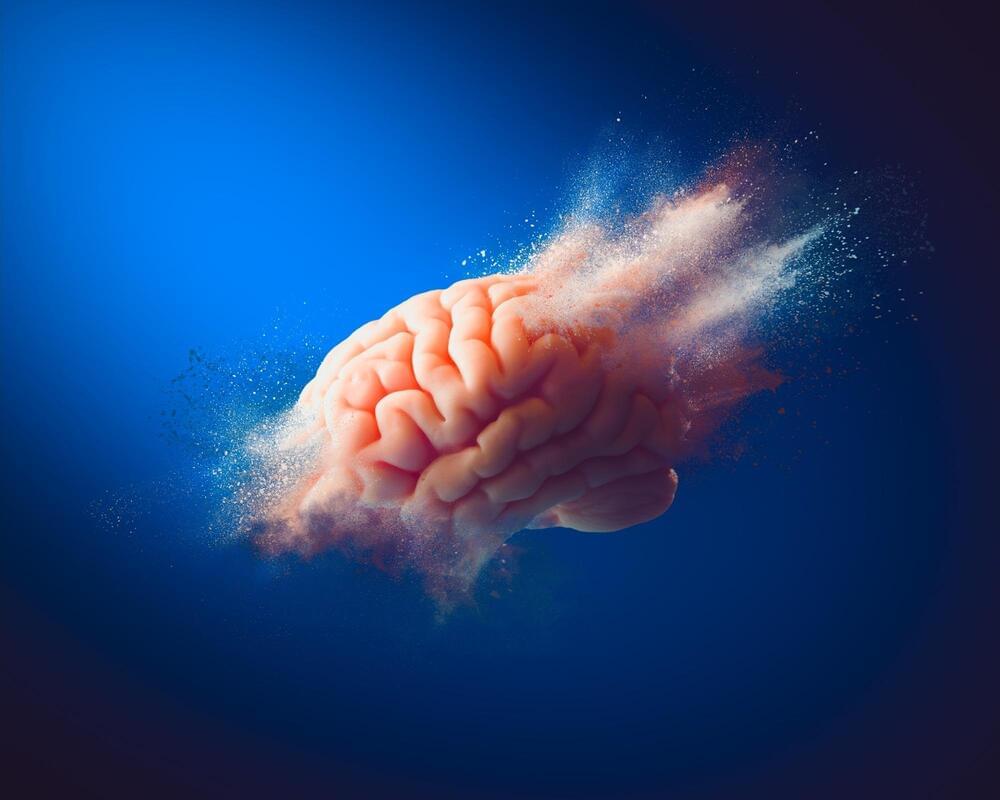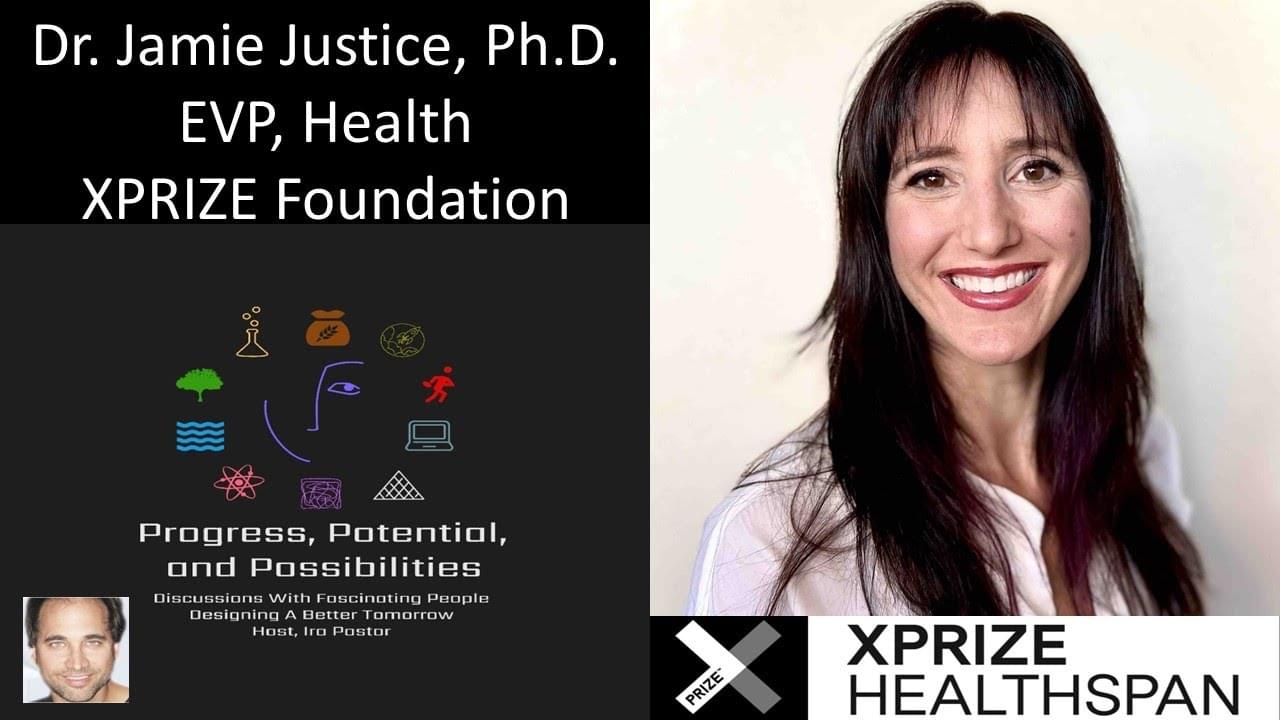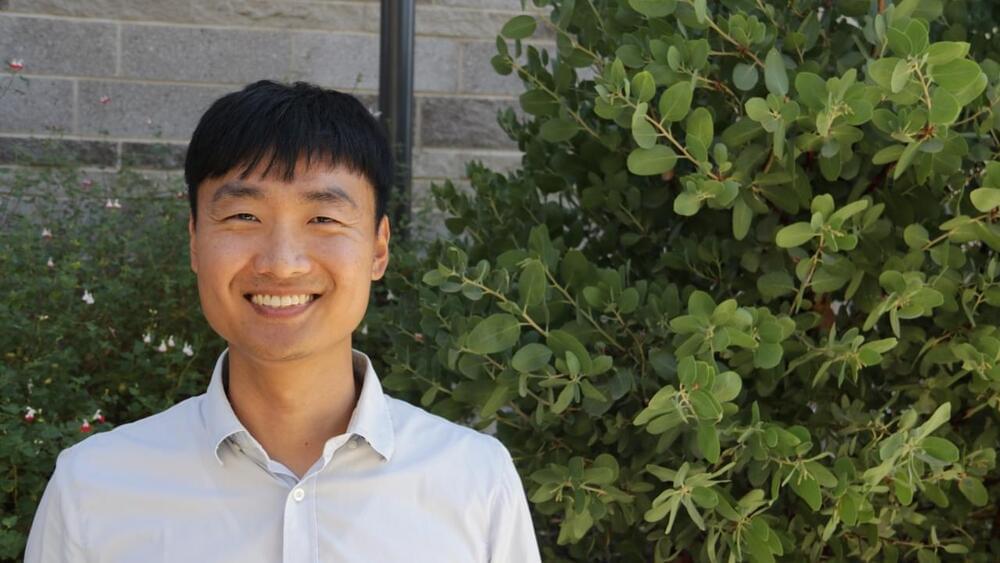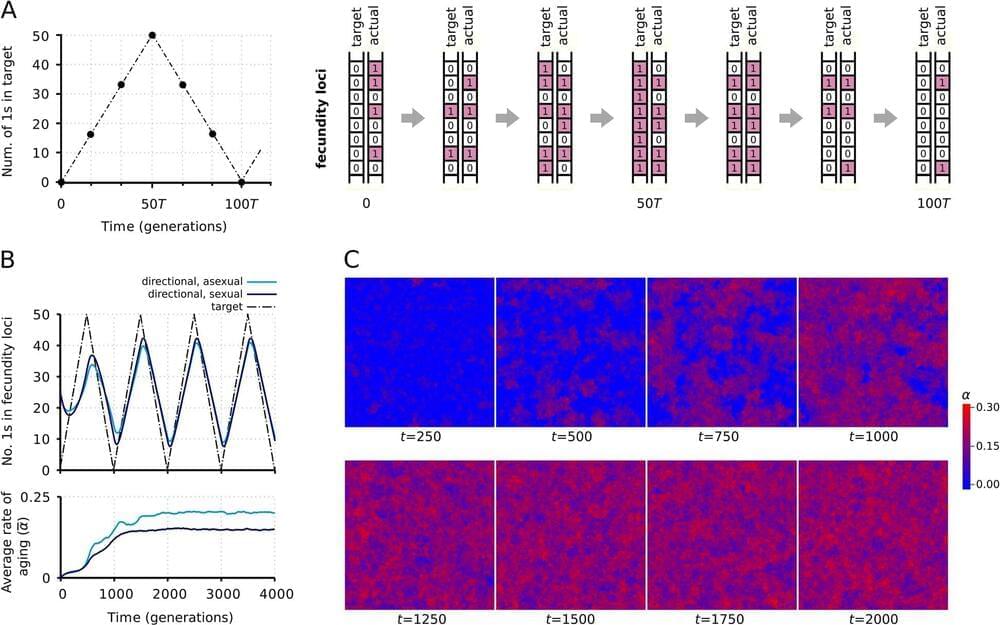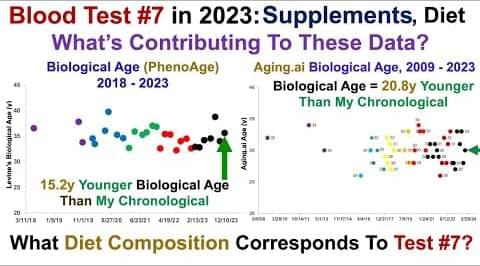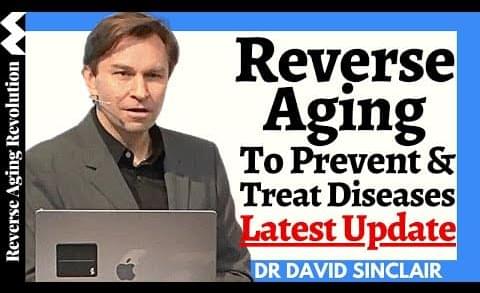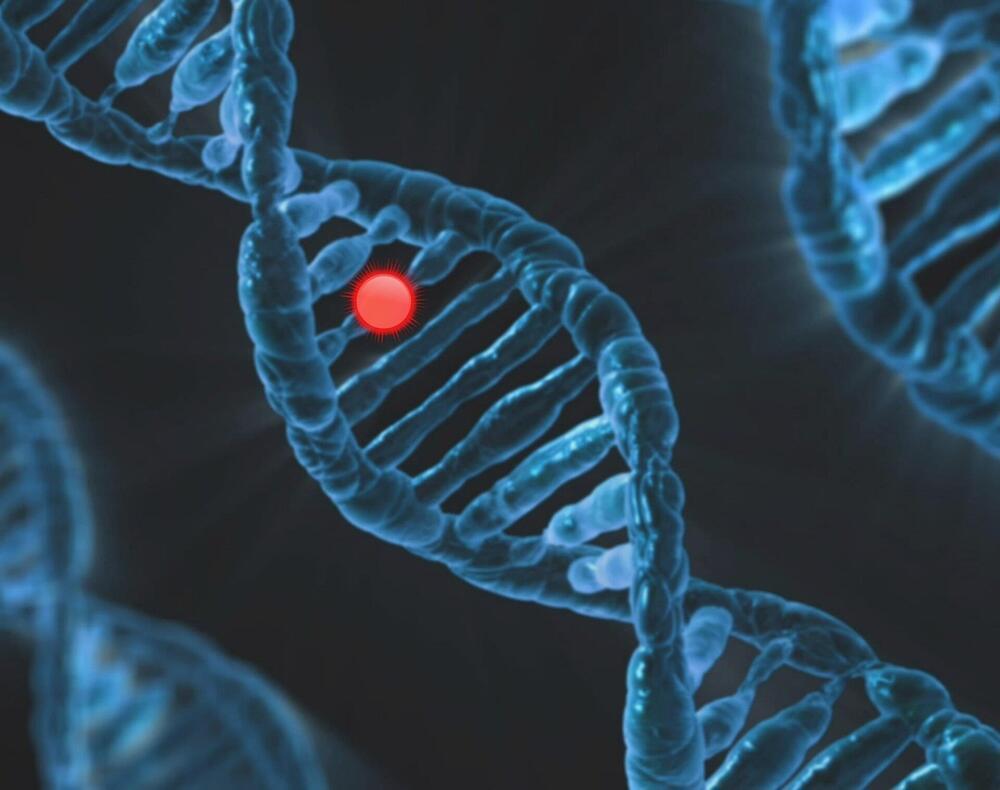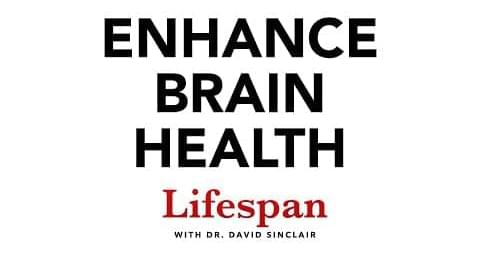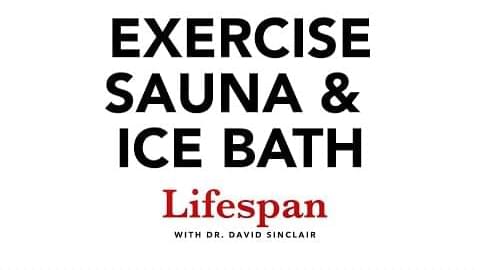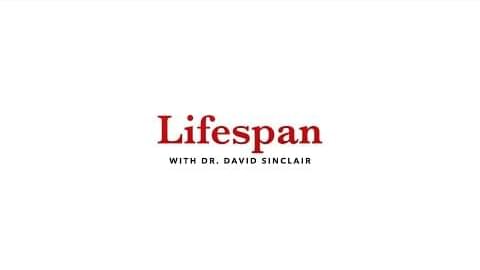Dec 14, 2023
Aging Brains Beware: Just 1% Less Deep Sleep Could Significantly Increase Seniors Risk of Dementia
Posted by Saúl Morales Rodriguéz in categories: life extension, neuroscience
A study has found that every 1% decrease in deep sleep annually in individuals over 60 years old is associated with a 27% higher risk of dementia. This research indicates that improving or preserving deep sleep, known as slow-wave sleep, in later life may help prevent dementia.
The study, led by Associate Professor Matthew Pase, from the Monash School of Psychological Sciences and the Turner Institute for Brain and Mental Health in Melbourne, Australia, and published in JAMA Neurology, looked at 346 participants, over 60 years of age, enrolled in the Framingham Heart Study who completed two overnight sleep studies in the time periods 1995 to 1998 and 2001 to 2003, with an average of five years between the two studies.
